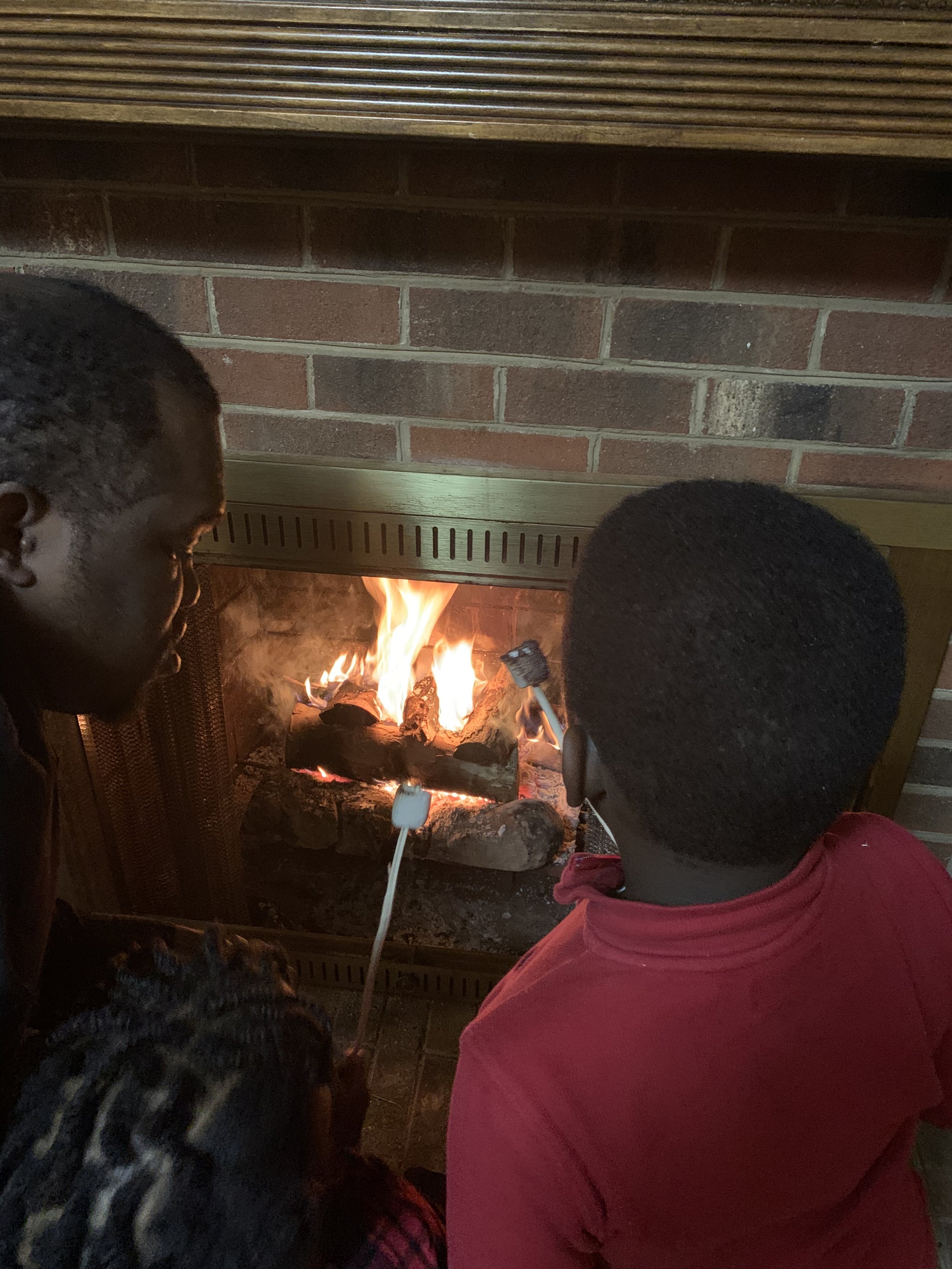Saying “I do” to the one you love is a dream and reoccurring daydream that you may recall having from the time you started puberty. If your dream became a reality, then you will agree with me that your vision for your relationship compared to your actual relationship may be very different than what you imagined. In fact, if the truth be told, there are seasons where the relationship may have turned into a nightmare. For those who believe and are committed to staying married “for better, for worse, for richer, for poorer, in sickness and in health…till death do us part,” you require resources to include, but not limited to the following: a lot of prayer, several writing journals, an emotionally available social support system, at least (4-6) self care days away from the family, and perhaps individual and/or marriage counseling. And if you cannot relate to the message…PRAISE GOD and unicorns do exists!
Whether you are married or not, the same path is yours if you made the decision to have a child with your former romantic partner. As much as you would like to divorce yourself from the man that cannot hold down a full-time job or consistently pay $50 in child support per month, he will still have a right to visit with his or her child. Yes, this may seem illogical and cause you to lose your mind, but it is a fact that this father or mother has rights.
Some relationships between former romantic partners can be so toxic and dysfunctional, that under all circumstances you’d walk away and cut him or her loose. However, when you go half on a baby, you are inherently committing yourself to communicating with this person until your child reaches the age of 18. Thereafter, we may not have to talk anymore, but you’ll more than likely bump into each other at your child’s wedding, graduation, birthday parties, baby showers, family dinners, etc. When children are born during your relationship or arrangement, you have the option of breaking up. In the case of a marriage, you have the option to get your marriage dissolved. However, legally and ethically you don’t get to dissolve the co-parenting relationship. The divorce decree or custody order may give you guidelines and parameters to help you transition from your union, but these documents cannot change how you feel and what you feel towards that other person.
When you give 100% to support and love your child and this fool your child calls daddy does not show up for the his weekend visit or your child’s basketball game, then your brain tells your heart "dude is dead to me.” Or perhaps you hate your baby momma so much that the volume and pitch in your voice is always at a level 10 when you have to communicate with her.
If any of this resonates with you, then I have a message for you. DO NOT LOOSE HOPE! Relationships are challenging and that is an understatement. However, as we grow in grace and wisdom we learn how to manage our emotions and control our impulses and behaviors. Healthy co-parenting must be the aim. Before you can require someone to be a good communicator you must become the change that you want to see. Change and character develop takes time. The observer must be patient and trust and believe that change will come. We must learn to hold on to hope and be faithful with working on ourselves. Remember, the other parent is your child’s other half. We must learn to respect and love that person in a healthy way to give our children the opportunity to share a quality life with both parents. Believe in what appears to be the impossible and learn how to love the unlovable unconditionally. The other parent may not change, but the change that will take place in your life will make you stronger and bring you inner peace.
Written by: Betty F. Toussaint, Attorney and Counselor at Law


























